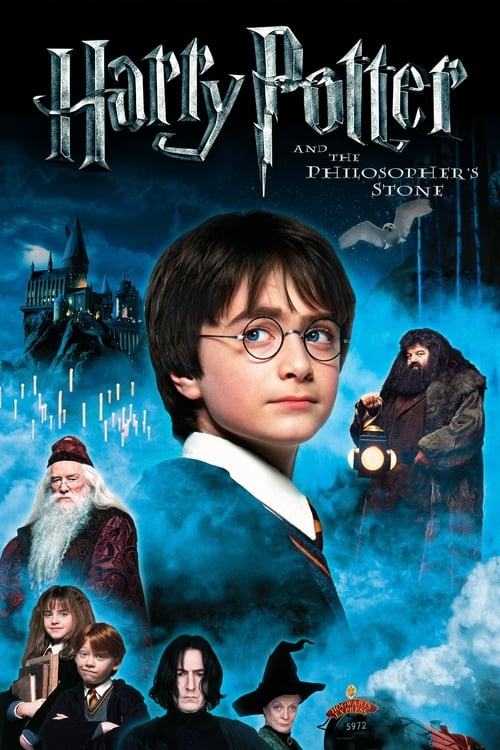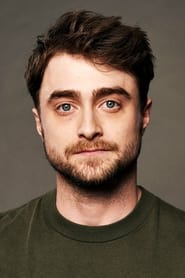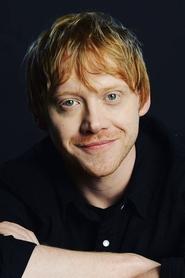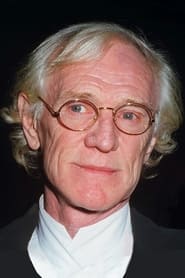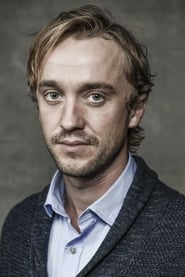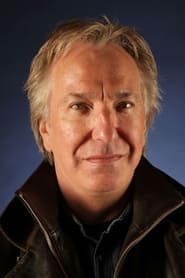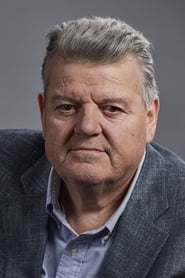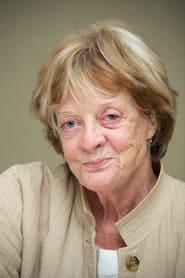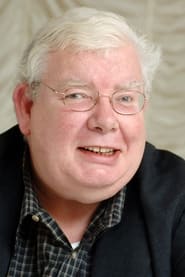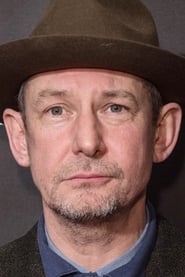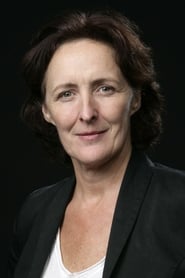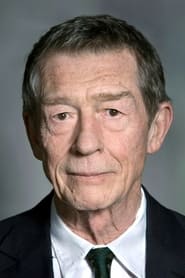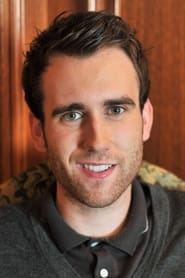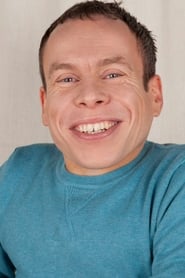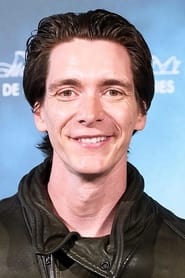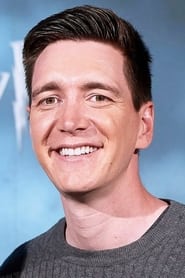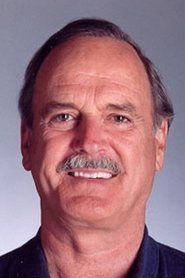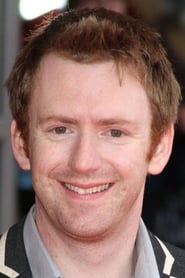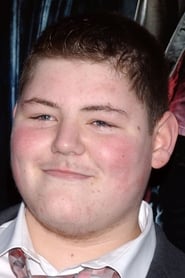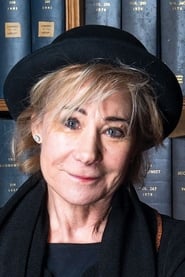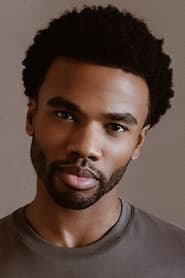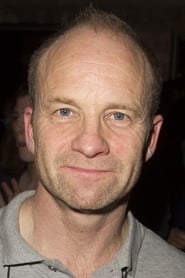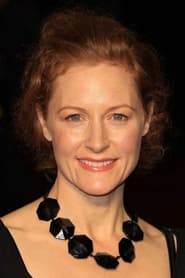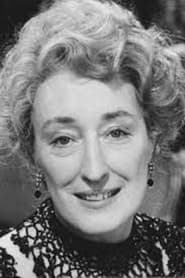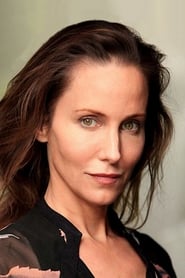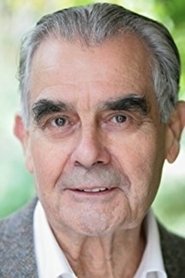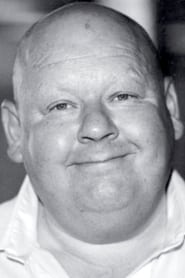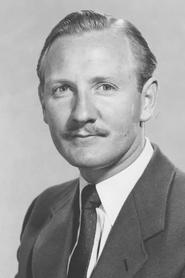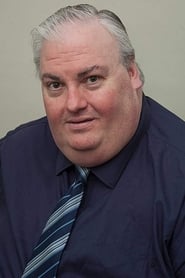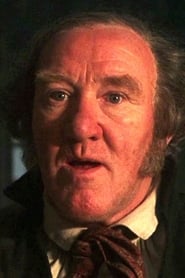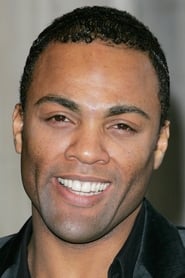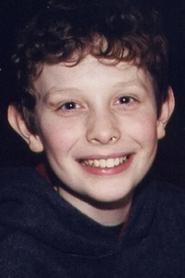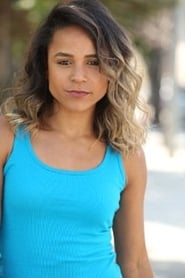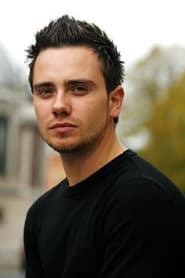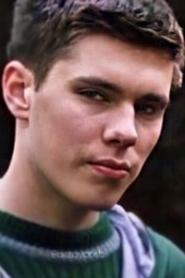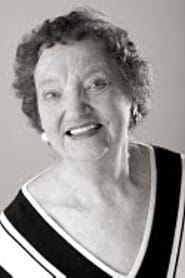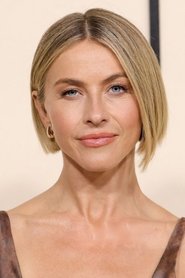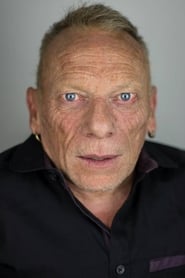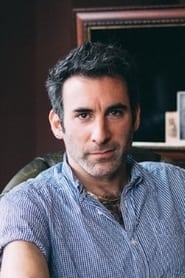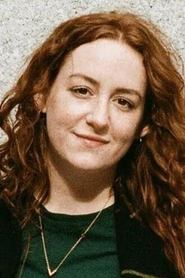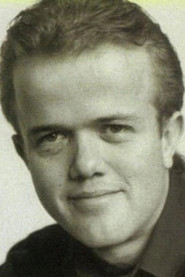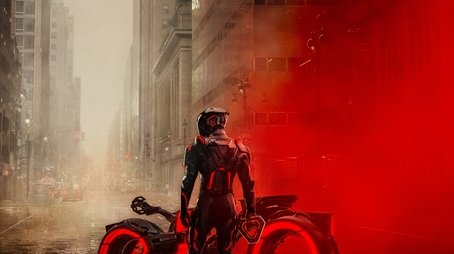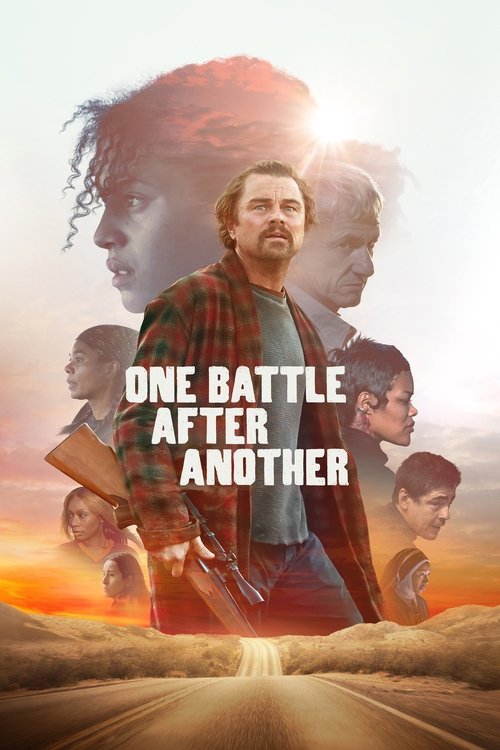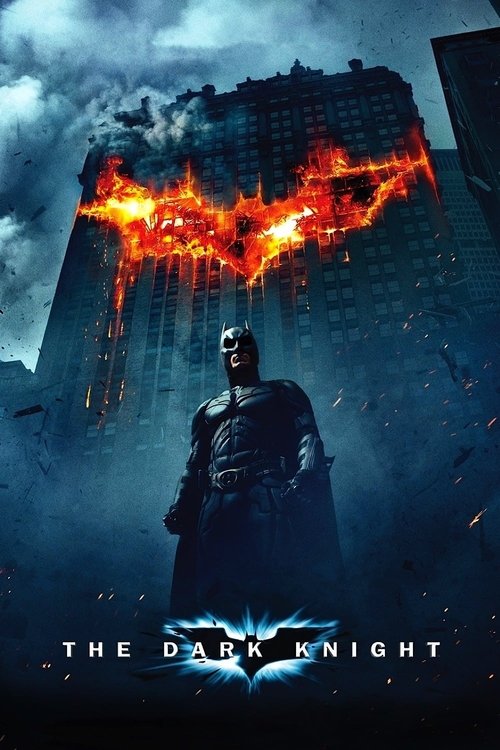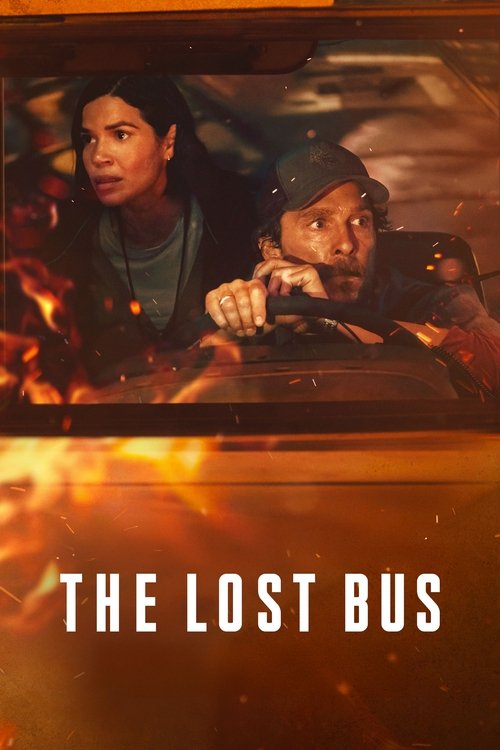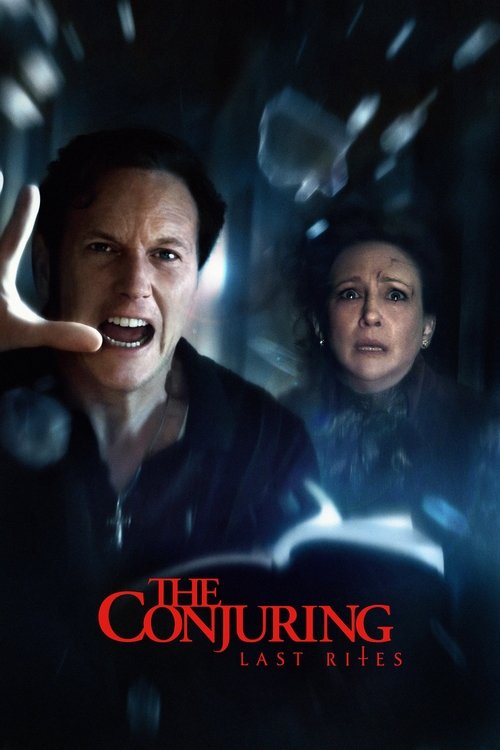
Ask Your Own Question
What is the plot?
Night cloaks Privet Drive on October 31, 1981, as Professor Albus Dumbledore steps silently into the lamplit street, his long silver beard glinting in the darkness. He raises a curious device--the Deluminator--and with a soft click, the streetlights wink out one by one, plunging the neighborhood into shadow. Professor Minerva McGonagall, having waited all day in her Animagus form as a tabby cat, transforms back into herself and greets Dumbledore, her face etched with worry. "Are you sure it's wise, leaving him with these people?" she asks, voice trembling with concern. Dumbledore's eyes are grave. "It's the only family he has."
Moments later, the roar of a flying motorcycle shatters the silence. Rubeus Hagrid, half-giant and Keeper of Keys and Grounds at Hogwarts, lands heavily, cradling a sleeping baby in his massive arms. The infant, Harry Potter, bears a fresh lightning-bolt scar on his forehead--a mark of survival from the night Lord Voldemort murdered his parents, James and Lily Potter, before the Killing Curse rebounded upon the Dark Lord himself, destroying his body and ending his reign of terror. Dumbledore gently places Harry on the Dursleys' doorstep, tucking a letter into his blanket. "Good luck, Harry Potter," he whispers before the trio melts into the night.
Dawn brings a new day, and the Dursleys--Vernon, Petunia, and their spoiled son Dudley--discover the baby. Petunia's face twists with dread as she reads the letter, but they take Harry in, though only grudgingly. Years pass in a blur of neglect and cruelty. Harry grows up in the cupboard under the stairs, enduring Dudley's bullying and his aunt and uncle's relentless scorn. He is told his parents died in a car crash, and any mention of strange occurrences--like his hair growing back overnight or a snake winking at him through the glass--are met with punishment and derision.
On the eve of Harry's eleventh birthday, peculiar letters begin arriving, addressed to "Mr. H. Potter, The Cupboard under the Stairs." Vernon Dursley intercepts each one, growing increasingly frantic as the deluge of letters escalates--delivered by owls, through the fireplace, even in eggs. In a final act of desperation, Vernon whisks the family away to a desolate shack perched atop a rock in the middle of a storm-lashed sea.
Midnight strikes. Harry, alone on the cold floor, traces a birthday cake in the dust. The door crashes open. Hagrid fills the doorway, his wild mane dripping rain, eyes twinkling as he booms, "Harry--yer a wizard." He hands Harry a slightly squashed birthday cake and the long-awaited letter: an acceptance to Hogwarts School of Witchcraft and Wizardry. Vernon blusters in protest, but Hagrid, with a flick of his umbrella, gives Dudley a pig's tail in retaliation for his greed. Harry learns the truth: his parents were murdered by Lord Voldemort, not killed in a car crash. "You're famous, Harry. Everyone in our world knows your name," Hagrid tells him gently. Harry's world shatters and reforms in a single moment.
The next day, Hagrid escorts Harry to Diagon Alley, the hidden heart of wizarding London. They pass through the Leaky Cauldron, where Harry is greeted as a celebrity, and enter the bustling cobblestone street. At Gringotts Wizarding Bank, goblins lead them to Harry's vault, where he discovers a fortune left by his parents. Hagrid retrieves a small, mysterious package from vault 713--later revealed as the Philosopher's Stone. At Ollivanders, Harry finds his wand: holly, eleven inches, phoenix feather--the twin of Voldemort's own wand. "The wand chooses the wizard, Mr. Potter," Ollivander intones, his gaze piercing.
Armed with supplies and a new sense of identity, Harry boards the Hogwarts Express from King's Cross Station, Platform 9¾. On the train, he meets Ron Weasley, a red-haired boy from a loving but poor wizarding family, and Hermione Granger, a brilliant and earnest Muggle-born witch. Draco Malfoy, scion of an old wizarding family, offers Harry friendship, but Harry declines, sensing arrogance and cruelty. The train winds through the countryside, and as night falls, Hogwarts Castle looms, lit by a thousand candles.
Inside the Great Hall, Professor McGonagall conducts the Sorting Ceremony. The enchanted Sorting Hat debates placing Harry in Slytherin but accedes to his whispered plea--"Not Slytherin"--and shouts, "Gryffindor!" Ron and Hermione join him, and the trio's friendship is sealed. The first days at Hogwarts are a wonder: floating candles, moving staircases, enchanted feasts, and magical lessons with Professors like the stern Severus Snape and the nervous, stammering Defense Against the Dark Arts teacher, Professor Quirinus Quirrell.
Harry soon discovers that he is a natural at flying. During his first flying lesson, he deftly catches Neville Longbottom's Remembrall after Draco Malfoy tosses it high. Professor McGonagall, witnessing Harry's skill, recruits him as the youngest Seeker in a century for the Gryffindor Quidditch team. The camaraderie of the common room, the thrill of magical sport, and the warmth of new friendships begin to heal the wounds of Harry's lonely childhood.
Yet mysteries abound. A forbidden corridor on the third floor is guarded by Fluffy, a monstrous three-headed dog belonging to Hagrid. Harry stumbles upon the Mirror of Erised, which shows him his heart's deepest desire--his parents, alive and loving, standing beside him. Dumbledore finds Harry before the mirror and warns, "It does not do to dwell on dreams and forget to live." The mirror, he explains, will be moved to a new hiding place.
During Halloween, a mountain troll is released into the castle. Chaos erupts as students scatter. Hermione, hiding in the girls' bathroom, is cornered by the troll. Harry and Ron rush in, and together they subdue the creature--Ron using "Wingardium Leviosa" to levitate its club and knock it out. The ordeal cements their friendship, and Hermione, previously aloof, joins their circle.
As winter deepens, Harry receives an anonymous gift: a silvery Invisibility Cloak, once belonging to his father. He uses it to sneak through the castle at night, discovering Snape's apparent interest in the forbidden corridor and overhearing cryptic conversations about the Philosopher's Stone. The trio learns from Hagrid that the Stone, created by Nicolas Flamel, grants immortality and is hidden at Hogwarts, protected by powerful enchantments and creatures--including Fluffy.
A detention in the Forbidden Forest brings Harry face-to-face with true evil. He and Draco, under the supervision of Hagrid, stumble upon a hooded figure drinking unicorn blood. The centaur Firenze rescues Harry, telling him, "It is a monstrous thing, to slay a unicorn. Only one who has nothing to lose, and everything to gain, would commit such a crime." Harry's scar burns--a warning that Voldemort is near, seeking the Stone to restore himself to life.
Convinced that Snape is plotting to steal the Stone, Harry, Ron, and Hermione resolve to act. They learn that Dumbledore has been lured away from the castle. The trio sneaks past Fluffy, lulled to sleep by a harp, and plunges into the gauntlet of magical defenses. Devil's Snare, a lethal plant, ensnares them; Hermione's quick thinking and knowledge of herbology save Harry and Ron. In a chamber filled with enchanted flying keys, Harry mounts a broom and snatches the correct key, unlocking the next door.
The next chamber is a life-sized wizard's chessboard. Ron, an expert player, directs the game, sacrificing himself as a knight so Harry and Hermione can advance. Ron is struck down by a queen, left unconscious but alive. Hermione stays behind to tend to him, urging Harry onward: "You're a great wizard, Harry. You really are." Harry, trembling but resolute, enters the final chamber alone.
Here stands the Mirror of Erised, and before it, Professor Quirrell. The timid, stuttering teacher drops his act, his voice cold and commanding. "I see myself presenting the Stone to my master," he intones. Harry realizes with mounting horror that Quirrell, not Snape, has been the true threat all along. "Snape was trying to protect you," Quirrell sneers, removing his turban. On the back of his head, a ghastly face emerges--Lord Voldemort, pale and snake-like, his red eyes burning with hatred.
"Use the boy," Voldemort hisses. Quirrell forces Harry to stand before the mirror. Harry's reflection slips the Stone into his pocket--and suddenly, he feels its weight in his own. Voldemort's voice grows seductive: "Give me the Stone, and you can see your parents again." Harry's heart aches, but he refuses. Quirrell lunges, but as his hands close around Harry, his flesh blisters and smokes. Harry's mother's sacrificial magic, a shield of love, makes Harry's very touch deadly to Quirrell. Quirrell screams, his skin turning to ash, and collapses, dead, reduced to dust at Harry's feet. Voldemort's spirit, a wraith of darkness, rises from the remains, passes through Harry--who collapses, unconscious--and vanishes, fleeing into the night.
Harry awakens in the bright, sunlit Hogwarts infirmary. Professor Dumbledore sits at his bedside, eyes twinkling with pride and sorrow. "You have been protected by love, Harry. Your mother's sacrifice lives on in you." Dumbledore explains that the Stone has been destroyed, with Nicolas Flamel's agreement, to prevent its misuse. Harry asks about Professor Snape, and Dumbledore reveals that Snape was protecting him all along, repaying a life debt to Harry's father. "To the well-organized mind, death is but the next great adventure," Dumbledore muses, comforting Harry about the loss and the mysteries yet to come.
The school year closes with the end-of-year feast. The Great Hall sparkles with banners, and the House Cup is awarded. Slytherin, led by Draco Malfoy, seems poised to win, but Dumbledore awards last-minute points for bravery: Hermione Granger, for cool logic in the face of fire; Ron Weasley, for the best-played game of chess Hogwarts has seen in years; and Harry Potter, for pure nerve and outstanding courage. Gryffindor wins the House Cup, and the hall erupts in celebration. Harry, Ron, and Hermione beam with pride, their friendship forged in the crucible of danger and trust.
On the final day, students stream through the corridors, trunks in tow. Hagrid, tears glistening in his beetle-black eyes, gives Harry a photo album filled with moving pictures of his parents. "If you ever need me, just send word," Hagrid says, voice thick with emotion. Harry boards the Hogwarts Express, waving goodbye to his friends and to the castle that has become his true home. As the train pulls away, Ron asks, "What's it like, Harry, going back to the Muggles?" Harry smiles, the weight of his past lighter than before. "I'm not going home. Not really."
The story closes on Harry's face, framed by the window, hope and belonging shining in his eyes. The legend of the Boy Who Lived has only just begun.
What is the ending?
At the end of "Harry Potter and the Philosopher's Stone," Harry confronts Professor Quirrell and Voldemort in the underground chambers of Hogwarts. After a tense encounter, Harry's touch causes Quirrell to burn, revealing the power of love. Dumbledore later explains the events to Harry, and he returns to the Dursleys for the summer, looking forward to his next year at Hogwarts.
As the climax of the story unfolds, Harry Potter finds himself in the underground chambers of Hogwarts, having made his way past various magical obstacles to reach the Philosopher's Stone. He enters a dimly lit room where he encounters Professor Quirrell, who is revealed to be working for Lord Voldemort. Quirrell's face is partially obscured by a turban, and as he speaks, it becomes clear that Voldemort is not just a memory but is living on the back of Quirrell's head, seeking to regain his physical form.
Quirrell attempts to seize the Philosopher's Stone, but Harry, filled with determination, stands in his way. A confrontation ensues, and Quirrell tries to overpower Harry. However, when Quirrell touches Harry, he is met with an unexpected reaction; Harry's skin burns Quirrell's hands. This moment reveals the protective magic that Harry carries, a result of his mother's sacrifice. Quirrell, unable to withstand the power of love that Harry embodies, collapses in pain.
As the scene progresses, Voldemort's voice hisses in anger, demanding Quirrell to seize the Stone. But Harry, fueled by his bravery and the love he has received, manages to grasp the Stone, which appears in his pocket. In a desperate attempt to claim it, Voldemort commands Quirrell to kill Harry, but Quirrell is unable to do so. The connection between Harry and Voldemort proves to be a powerful barrier, and Quirrell ultimately succumbs to the magic protecting Harry.
After the confrontation, Harry loses consciousness. He awakens in the hospital wing of Hogwarts, where he is greeted by Professor Dumbledore. The wise headmaster explains the events that transpired, including the nature of the Philosopher's Stone and the significance of Harry's ability to withstand Voldemort's touch. Dumbledore reassures Harry that he is safe and that the Stone has been destroyed to prevent it from falling into the wrong hands.
As the school year comes to a close, Harry returns to the Gryffindor common room, where he is celebrated by his friends Hermione Granger and Ron Weasley. They share a moment of triumph, reflecting on their adventures and the bonds they have formed. The trio is filled with excitement for the future, knowing that they will return to Hogwarts for another year.
In the final scenes, Harry is taken back to the Dursleys for the summer. As he leaves Hogwarts, he feels a sense of belonging and hope, knowing that he has a place in the wizarding world. The film concludes with Harry looking forward to his next adventures, having discovered his true identity and the love that surrounds him.
In summary, Harry, Ron, and Hermione emerge victorious, having faced great danger and solidified their friendship. Quirrell meets his demise, and Voldemort is left weakened, setting the stage for future conflicts. Harry returns to the Dursleys, but he is no longer the same boy who arrived at Hogwarts; he is now a young wizard with a newfound sense of purpose and belonging.
Is there a post-credit scene?
In the movie "Harry Potter and the Philosopher's Stone," there is no post-credit scene. The film concludes with a final scene where Harry, Ron, and Hermione are seen at the Hogwarts Express, preparing to return home for the summer after their first year at Hogwarts School of Witchcraft and Wizardry. The screen fades to black after the credits roll, and there are no additional scenes or content following the credits.
What is the significance of the Sorting Hat ceremony at Hogwarts?
The Sorting Hat ceremony is a pivotal moment in 'Harry Potter and the Philosopher's Stone' where first-year students are assigned to one of the four Hogwarts houses: Gryffindor, Hufflepuff, Ravenclaw, or Slytherin. Each house has its own values and characteristics, and the Sorting Hat uses the students' thoughts and feelings to determine the best fit for them. Harry Potter is sorted into Gryffindor, which sets the stage for his friendships and rivalries throughout the series.
How does Harry discover he is a wizard?
Harry discovers he is a wizard on his eleventh birthday when Hagrid arrives to deliver his acceptance letter to Hogwarts School of Witchcraft and Wizardry. Hagrid reveals Harry's true heritage, explaining that he is famous in the wizarding world for surviving an attack by the dark wizard Voldemort. This revelation changes Harry's life forever, introducing him to a world of magic and adventure.
What role does the Philosopher's Stone play in the story?
The Philosopher's Stone is a magical object that has the ability to grant immortality and turn any metal into gold. In the story, it is sought after by Voldemort, who wishes to regain his power and life. The Stone is hidden within Hogwarts, and Harry, along with his friends Hermione and Ron, must navigate various challenges to prevent it from falling into the wrong hands.
Who are the main characters that help Harry throughout his journey?
Throughout 'Harry Potter and the Philosopher's Stone', Harry is supported by several key characters. His best friends, Hermione Granger and Ron Weasley, play crucial roles in helping him navigate the challenges at Hogwarts. Additionally, figures like Albus Dumbledore, the wise headmaster, and Rubeus Hagrid, the Keeper of Keys and Grounds, provide guidance and support to Harry as he learns about his identity and the wizarding world.
What is the significance of the Mirror of Erised in the story?
The Mirror of Erised is a magical mirror that shows the deepest desires of a person's heart. Harry first encounters it in an abandoned classroom at Hogwarts, where he sees his parents, whom he lost as a baby. The mirror serves as a symbol of longing and desire, and Dumbledore later explains to Harry that it does not show reality, but rather what one wishes for most. This encounter helps Harry understand his own desires and the importance of facing reality.
Is this family friendly?
In "Harry Potter and the Philosopher's Stone," there are several scenes that may be considered potentially objectionable or upsetting for children or sensitive viewers. Here are some examples:
-
The Dursleys' Treatment of Harry: Early in the film, there are scenes depicting the neglect and mistreatment Harry receives from his aunt, uncle, and cousin, which may be distressing.
-
The Arrival of Hagrid: Hagrid's entrance is loud and somewhat intimidating, as he breaks down the door to deliver Harry's letter. This scene may be startling for younger viewers.
-
The Wizarding World Creatures: There are various magical creatures, such as trolls and a three-headed dog, that may be frightening to some children.
-
The Troll in the Dungeon: A scene in which a troll attacks students in the Hogwarts castle can be intense and suspenseful.
-
The Mirror of Erised: The mirror shows deep desires and can evoke feelings of longing and sadness, particularly in the context of Harry's backstory.
-
Confrontation with Voldemort: There are moments that involve the dark presence of Voldemort, particularly in the climax, which may be unsettling due to the portrayal of evil.
-
The Quidditch Match: While exciting, the Quidditch match includes moments of danger, such as players falling and the risk of injury.
These scenes contribute to the film's overall sense of adventure and fantasy but may require parental guidance for younger or more sensitive viewers.

